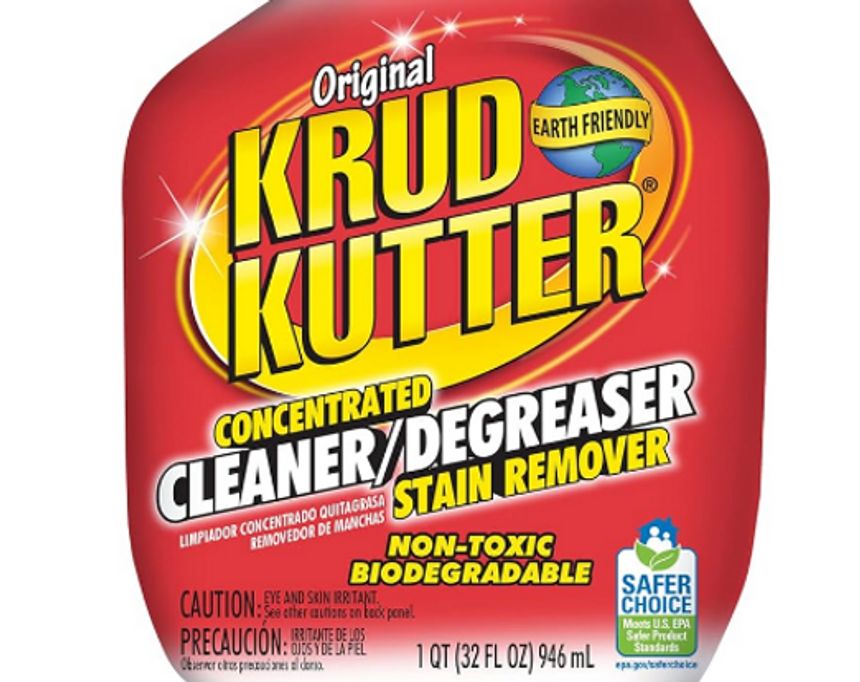- within Tax topic(s)
Rust-Oleum sells a line of Krud Kutter cleaning products, which the company promotes as "non-toxic" and "earth friendly." A consumer sued the company, alleging that these claims are false and misleading, since they actually do cause harm to humans, animals, and the environment. Last year, a federal court in California denied Rust-Oleum's motion to dismiss, holding that the plaintiff had sufficiently alleged false advertising claims under California law.
After having received preliminary settlement approval from the court, the parties have now moved for final approval of the settlement. The settlement will require Rust-Oleum to pay $1,500,000, which will used to provide restitution to consumers and cover other costs. In addition, Rust-Oleum is agreeing to remove the "non-toxic" claim from its packaging and to add qualifying language to its "earth friendly" claim.
What are some important take-aways here?
First, even though the Federal Trade Commission isn't focused on environmental marketing right now, that doesn't mean that enforcement won't come from other places, such as from state and local regulators and private plaintiffs.
Second, although the Green Guides review seems to have stalled, that doesn't mean that the FTC's more-than-a-decade-old guidance isn't still relevant. This case is a great example of a court essentially applying the FTC's guidance to private litigation.
Third, although we've seen some courts and others rethinking traditional understandings of what environmental claims actually communicate, the court wasn't really open to that here. The court looked at "non-toxic," and indicated that it believed that the claim means what it says – that the product doesn't pose any harm. The idea that "non-toxic" meant mostly non-toxic, or less toxic than products that have certain chemicals, wasn't a road that the court was willing to go down.
Finally, although the FTC had been getting tougher on what it means to have a "clear and conspicuous" disclaimer, we've seen some willingness by courts and others to be more flexible about what makes a disclaimer effective. But, that didn't happen here.
If you're interested in environmental marketing issues, I hope you'll join us for two great events coming up next week in New York City during Climate Week. On Monday, the International Chamber of Commerce will be launching its "2025 ICC Environmental Marketing Framework." And, on Wednesday, we're hosting a program, "It's Not Easy Being Green: Navigating the Evolving Rules on Making Environmental Marketing Claims.

This alert provides general coverage of its subject area. We provide it with the understanding that Frankfurt Kurnit Klein & Selz is not engaged herein in rendering legal advice, and shall not be liable for any damages resulting from any error, inaccuracy, or omission. Our attorneys practice law only in jurisdictions in which they are properly authorized to do so. We do not seek to represent clients in other jurisdictions.

